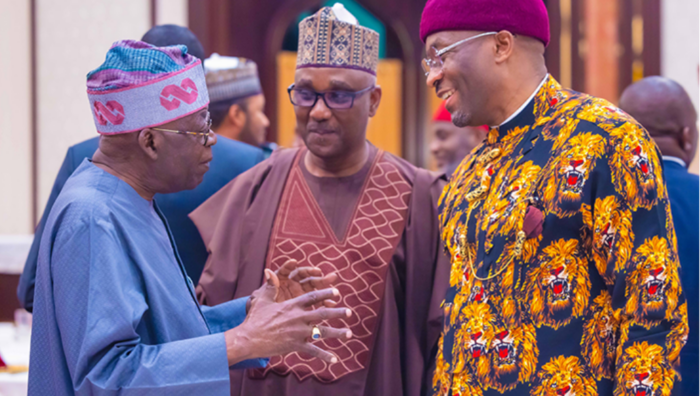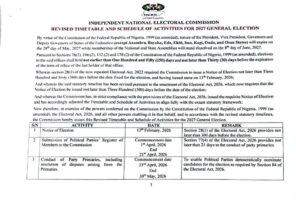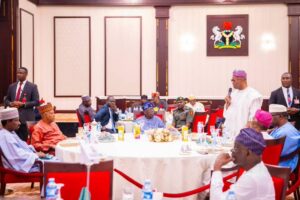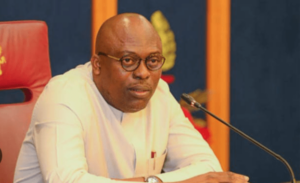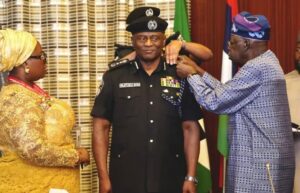Speaker of the House of Representatives, Tajudeen Abbas, has revealed that President Bola Ahmed Tinubu is determined to ensure that the 2027 general elections are significantly more transparent and credible than those held in 2023.
Speaking on Thursday in Abuja during a meeting with a delegation from the European Union (EU), Abbas said the National Assembly is actively working on amendments to the Electoral Act 2022 in response to domestic and international concerns raised after the last elections.
“I want to acknowledge that the leadership of the country under President Bola Ahmed Tinubu, GCFR, is very committed to ensuring that we improve on our electoral processes, particularly regarding the observations made (by international observers) in the 2023 election,” Abbas said.
He explained that both chambers of the National Assembly have begun consolidating proposed changes aimed at strengthening the electoral process ahead of the next national vote.
“We in the National Assembly have also been busy working to gather as many issues as possible, arising from the last elections, so that we can see how we can legislatively address them so that our next election will be more transparent, acceptable and in alignment with international standards.”
Abbas disclosed that the Senate and House leadership met last week and agreed to prioritise electoral reform by isolating related amendments, both constitutional and legislative, into a single, unified bill for accelerated consideration.
“We will fast track and isolate the electoral issues and take them as one, single entity; and push them forward for the National Assembly to deliberate and take a position; and then send them to the sub-nationals (state houses of assembly) to also consider them within a short timeframe, between now and December,” he added.
Read Also
Read Also: Obanikoro Congratulates Nigerians, Backs Tinubu’s Reforms
Among the constitutional amendments being proposed are key inclusivity and governance reforms, including reserved seats for women and persons with disabilities (PWDs), financial autonomy and defined constitutional roles for traditional rulers, and the introduction of a single-day election for all levels of government.
“Like the single-day election, it is to hold the election of the president, national assembly membership, governorship and state house of assembly membership elections on the same day,” Abbas explained.
“In our own thinking, it will help to reduce our electoral process, particularly on the turnout of voters,” he said.
The speaker called on the EU delegation to support public awareness and advocacy efforts around the reform process, emphasizing that concurrence from state assemblies would be crucial for the success of constitutional amendments.
“We will do all the needful as far as legislation is concerned to enable INEC to have all the necessary tools and provisions to make the 2027 election much better than the 2023 election,” Abbas added.
Barry Andrews, head of the visiting EU team and a member of the European Parliament, praised the House for its efforts to strengthen Nigeria’s democracy and electoral integrity.
The delegation included EU Ambassador to Nigeria and ECOWAS Gautier Mignot; election experts Ralph-Michael Peters, Eirini-Maria Gounari, and Maros Gabriel; Laolu Olawumi, Programme Manager for Democracy and Rule of Law; and Osaro Odemwingie, Political Adviser.

